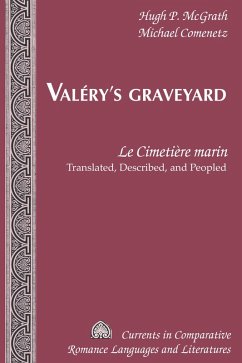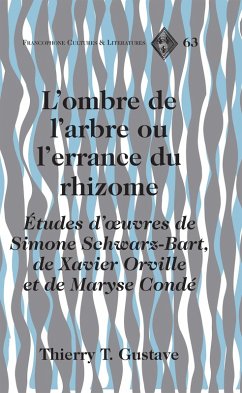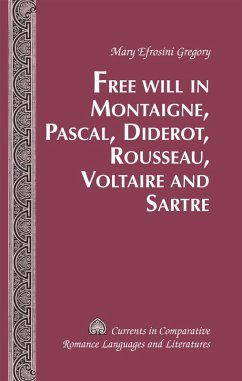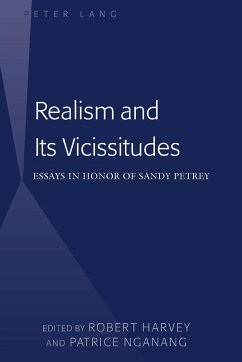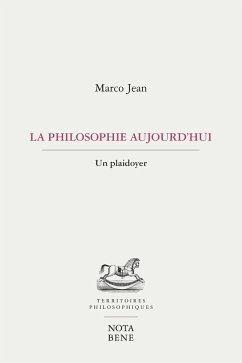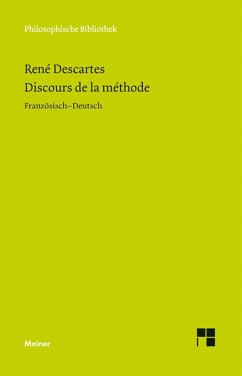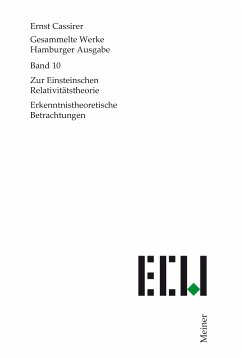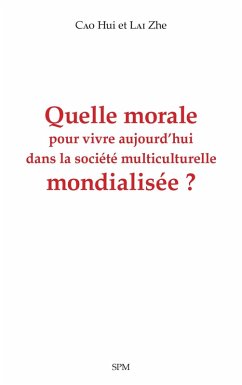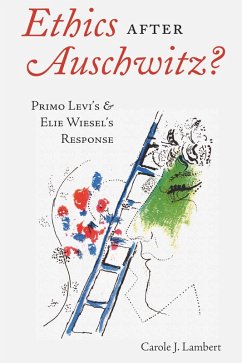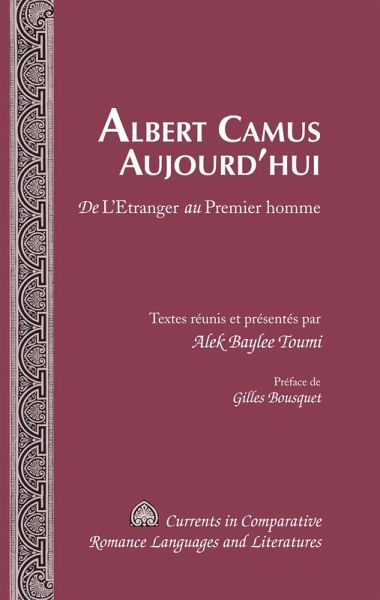
Albert Camus Aujourd'hui (eBook, PDF)
De "e;L'Etranger"e; au "e;Premier homme"e;- Preface de Gilles Bousquet
Redaktion: Toumi, Alek Baylee
Versandkostenfrei!
Sofort per Download lieferbar
Statt: 76,70 €**
63,95 €
inkl. MwSt.
**Preis der gedruckten Ausgabe (Gebundenes Buch)
Alle Infos zum eBook verschenkenWeitere Ausgaben:

PAYBACK Punkte
32 °P sammeln!
Le 04 janvier 1960, Albert Camus s'en allait un peu dans un tragique accident de voiture à l'âge de 47 ans. Quatre années auparavant, il était l'un des plus jeunes écrivains à recevoir le prix Nobel de littérature pour toute son oeuvre. L'enfance pauvre à Belcourt, la passion du football, le journalisme à Alger Républicain puis l'exclusion et l'exil par la France de Vichy, Camus sera forcé de « monter » à Paris. Il rejoindra la Résistance et sera le rédacteur en chef de Combat. Romancier, dramaturge, essayiste, Camus sera aussi acteur et metteur en scène. Après la publication...
Le 04 janvier 1960, Albert Camus s'en allait un peu dans un tragique accident de voiture à l'âge de 47 ans. Quatre années auparavant, il était l'un des plus jeunes écrivains à recevoir le prix Nobel de littérature pour toute son oeuvre. L'enfance pauvre à Belcourt, la passion du football, le journalisme à Alger Républicain puis l'exclusion et l'exil par la France de Vichy, Camus sera forcé de « monter » à Paris. Il rejoindra la Résistance et sera le rédacteur en chef de Combat. Romancier, dramaturge, essayiste, Camus sera aussi acteur et metteur en scène. Après la publication de L'Homme révolté, puis la rupture avec son ami Jean-Paul Sartre, il quittera Combat puis écrira des articles sur l'Algérie avant de se taire complètement, sans néanmoins cesser d'agir en silence. Certainement pas existentialiste, anti-communiste très tôt, il avait été l'Intellectuel de la période 45-60 d'après la libération, celui dont le nom finira par être opposé à celui de Sartre. Si Camus est mort jeune, il aura vécu pleinement sa courte vie; et s'il est encore difficile de le catégoriser, il reste encore d'actualité, soulève souvent des passions, ne laissant jamais indifférent. Peut-on parler d'un héritage camusien ? Que reste-t-il de son oeuvre en Amérique ?
Afin de ne pas oublier cet étranger si familier, pour le cinquantenaire de la mort de Camus, le Bureau du Doyen des Etudes Internationales et le Centre d'Etudes Européennes de l'Université du Wisconsin-Madison ont organisé du 22 au 24 avril 2010, un symposium Albert Camus, 50 ans après, autour des trois grands thèmes suivants: Camus et l'Algérie, Camus et l'exil, Camus et le public. Une quinzaine d'universitaires, de chercheurs, et de professeurs, d'Algérie, de France, du Canada et des Etats-Unis, étaient présents à ces journées dont nous publions les Actes dans cet ouvrage. L'objectif de ce second colloque était de créer un débat autour de Camus et de sa vision, souvent prophétique, relire ses écrits littéraires et politiques et voir dans quelle mesure son oeuvre pacifiste, peut être une source d'inspiration dans les luttes pour la liberté et la démocratie, une alternative à la violence et à la terreur qui demeurent aujourd'hui encore, hélas très actuelles.
Afin de ne pas oublier cet étranger si familier, pour le cinquantenaire de la mort de Camus, le Bureau du Doyen des Etudes Internationales et le Centre d'Etudes Européennes de l'Université du Wisconsin-Madison ont organisé du 22 au 24 avril 2010, un symposium Albert Camus, 50 ans après, autour des trois grands thèmes suivants: Camus et l'Algérie, Camus et l'exil, Camus et le public. Une quinzaine d'universitaires, de chercheurs, et de professeurs, d'Algérie, de France, du Canada et des Etats-Unis, étaient présents à ces journées dont nous publions les Actes dans cet ouvrage. L'objectif de ce second colloque était de créer un débat autour de Camus et de sa vision, souvent prophétique, relire ses écrits littéraires et politiques et voir dans quelle mesure son oeuvre pacifiste, peut être une source d'inspiration dans les luttes pour la liberté et la démocratie, une alternative à la violence et à la terreur qui demeurent aujourd'hui encore, hélas très actuelles.
Dieser Download kann aus rechtlichen Gründen nur mit Rechnungsadresse in A, B, BG, CY, CZ, D, DK, EW, E, FIN, F, GR, HR, H, IRL, I, LT, L, LR, M, NL, PL, P, R, S, SLO, SK ausgeliefert werden.




